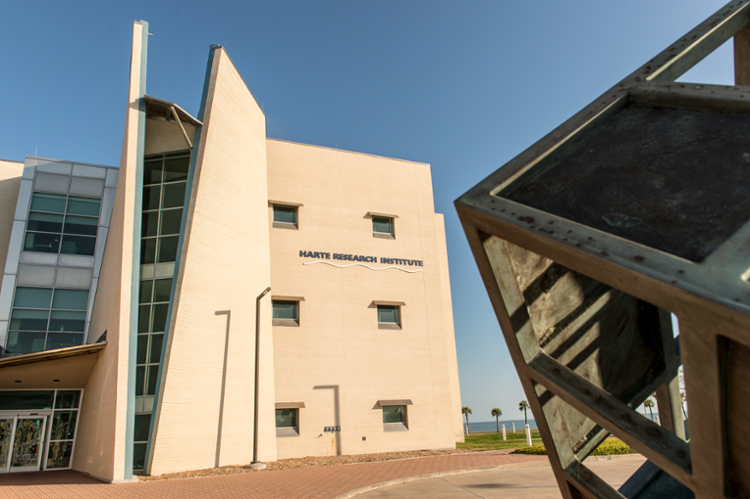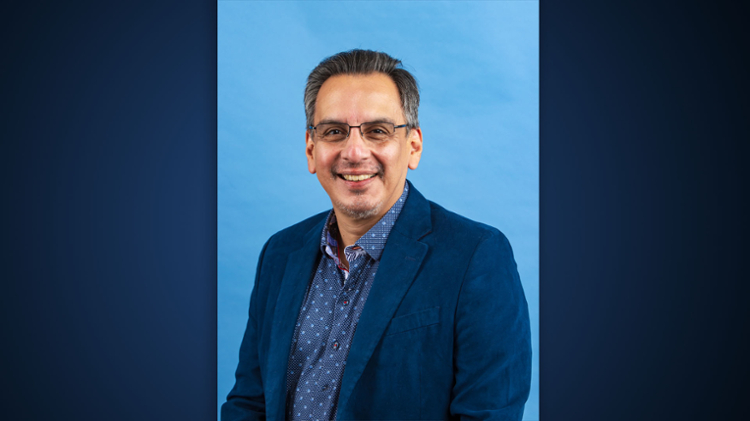Harte Research Institute Announces New Chair Appointments
CORPUS CHRISTI, Texas – The Harte Research Institute for Gulf of Mexico Studies (HRI) at Texas A&M University-Corpus Christi is announcing the appointment of new research chairs to expand the institute’s expertise in key growth areas including marine resource development and aquaculture, marine habitat conservation and restoration, and water quality.
Three Texas A&M-Corpus Christi researchers will join the staff: Dr. Joe Fox, professor of marine biology and fisheries/mariculture will be HRI chair for marine resource development, a joint appointment with Texas A&M AgriLife Research; Dr. Jennifer Pollack, associate professor of marine biology, will be appointed HRI chair for coastal conservation & restoration; and Dr. Mike Wetz, associate professor of marine biology, will be HRI chair for coastal ecosystem processes.
“We are very pleased to add new chairs to HRI for the first time since it was established. They bring new energy, broaden our scope of expertise and help build new partnerships,” said HRI Executive Director Dr. Larry McKinney.
HRI completed its first 10-year strategic plan earlier this year, “HRI Thinking Deeper: 2018-2028,” a comprehensive process that charted goals for expansion as the institute continues to pursue its vision of an ecologically and economically sustainable Gulf of Mexico. These additional chairs’ expertise will allow the institute to further its mission of creating science-driven solutions for the Gulf’s most pressing problems.
Fox is an internationally-recognized aquaculture researcher and former department chair in the Department of Life Sciences. With his academic training background in animal nutrition with a focus on aquatic organisms, Fox is experienced in all areas of aquaculture development across diverse species, local and international scope, and within academic and private sectors. Most recently he was responsible for the organization of large-scale funding efforts focused on the establishment of resource centers for oysters and seagrass and monitoring programs for Matagorda Bay and the Lower Laguna Madre.
Pollack began her journey with the HRI in 2007 working as a postdoctoral research associate with HRI Ecosystems and Modeling Endowed Chair Dr. Paul Montagna. Today, she examines the proficiency of restored habitats in replacing lost ecological functions, including water filtration, provision of nursery and feeding habitat for fish and invertebrates, shoreline stabilization, and enhancement of biodiversity. She and her team conduct extensive field research in oyster reef, salt marsh, Serpulid worm reef, and offshore oil platform habitats. Pollack was instrumental in the success of HRI’s Sink Your Shucks Oyster Recycling Program, a plate to bay restoration program that collects used shell to rebuild oyster reefs.
Wetz is a broadly trained marine scientist, with expertise in phytoplankton ecology, harmful algal blooms, and water quality studies. While grounded in coastal ecology, Wetz also conducts applied research aimed at solving complex and pressing regional environmental problems, recognizing that solutions will often require balancing environmental as well as human and economic needs. Wetz strives to provide a sound scientific basis for stakeholder-led restoration/management efforts that give due consideration to both human and environmental needs. One example of that work: Wetz led a volunteer water quality sampling program in Baffin Bay for four years. Results from that study are now guiding watershed restoration and protection efforts that are being coordinated by the Baffin Bay Stakeholder group, which Wetz co-chairs.

